What are county lines?
More than 700 arrests made in nationwide crackdown
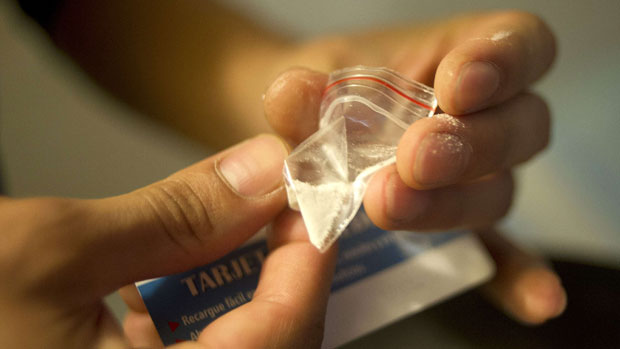
A free daily email with the biggest news stories of the day – and the best features from TheWeek.com
You are now subscribed
Your newsletter sign-up was successful
Police have arrested a total of 743 people in a week of raids targeting so-called county lines drug gangs across England and Wales.
The operation by forces nationwide resulted in the “disruption” of 49 “deal lines” - dedicated mobile phone lines used by dealers - and the seizure of more than £400,000 worth of drugs, say police. Scores of dangerous weapons including 12 guns were also recovered, reports the i news site.
Deputy Assistant Commissioner Duncan Ball, from the National Police Chiefs’ Council, said: “We know more than we have ever known about the gangs and those people who get exploited as part of county lines activity. We're resolved to tackle the gang leaders and tackle them hard.”
The Week
Escape your echo chamber. Get the facts behind the news, plus analysis from multiple perspectives.

Sign up for The Week's Free Newsletters
From our morning news briefing to a weekly Good News Newsletter, get the best of The Week delivered directly to your inbox.
From our morning news briefing to a weekly Good News Newsletter, get the best of The Week delivered directly to your inbox.
The drugs seized during the crackdown, between 7 and 13 October, comprised £253,200 worth of cocaine, £100,170 of crack cocaine and £72,670 of heroin, says The Guardian. Along with guns, the confiscated weapons included knives, swords and machetes.
Ball added: “We will not treat the criminals who run these lines just as drug dealers. We will work tirelessly to prosecute them for these offences but also, where we have the evidence, we will seek to prosecute them for child trafficking under modern slavery laws to reflect the devastating nature of their exploitation of young and vulnerable people.”
Police data released earlier this year showed that drug crime is falling in most city centres but in on the rise in small towns and villages, as gangs increasingly move beyond urban centres through county lines, reports the BBC.
So what is the county lines system?
A free daily email with the biggest news stories of the day – and the best features from TheWeek.com
What are county lines?
The National Crime Agency defines county lines as a term “used when drug gangs from big cities expand their operations to smaller towns, often using violence to drive out local dealers and exploiting children and vulnerable people to sell drugs”.
Many younger gang members are recruited using techniques “fine-tuned to play on [their] naivety”, says The Guardian. Their youth and lack of criminal record compared to older gang members means that they can be used to sell drugs under the radar of authorities.
Those groomed for dealing are given addictive drugs to keep them tied to the gang, before being “beaten, brutalised and terrified into travelling long distances to sell drugs”.
According to The Independent, some children caught up in the illicit drug trade are also forced to work in cannabis factories, shoplift, pickpocket or act as enforcers for dealers.
Writing anonymously in Metro, a social worker revealed that the number of youngsters aged between ten and 17 arrested for intent to supply drugs - a “significant indicator of county lines trafficking” - has gone up by 49% outside London, rising from 338 in 2015-16 to 505 in 2017-18.
How are children recruited?
“Children are being cynically exploited with the promise of money, drugs, status and affection,” said Nick Roseveare, CEO of the Children’s Society, which published a report in July on the growing problem. “They are then controlled using threats, violence and sexual abuse, leaving them traumatised and living in fear.”
In an article for The Times, the charity’s director of policy and research, Sam Royston, said the study findings dispelled “misconceptions that this is something that only affects older boys from disadvantaged backgrounds who are ‘making a lifestyle choice’”.
“The process may start with children being asked to ‘keep watch’, then escalate with requests to stash weapons and money, and courier drugs,” he added.
The Children’s Society study also found that the most vulnerable age group for being drawn into such activities were boys aged between 14 and 17.
Responding to the report, Anntoinette Bramble, chair of the Local Government Association’s Children and Young People Board, said that councils’ youth offending teams have an “exceptional record of reducing youth crime and making a real difference to young people’s lives”, but are under “huge pressure after seeing their government funding halved over the last decade”.
“Children’s services are now starting more than 500 child protection investigations every day, but face a £3.1bn funding gap by 2025,” she added. “This is forcing councils to divert funding away from preventative services such as youth work into services to protect children who are at immediate risk of harm.”
A parliamentary investigation into knife crime earlier this year heard that “chicken shop gangs” are grooming and recruiting children to deal drugs along county lines with offers of free food, The Guardian reports.
Evidence submitted by the Youth Justice Board of England and Wales to the select committee investigating knife crime also revealed that grooming victims “felt that schools could do more to keep children in school, as it could be a protective factor from gang involvement”.
-
 How to Get to Heaven from Belfast: a ‘highly entertaining ride’
How to Get to Heaven from Belfast: a ‘highly entertaining ride’The Week Recommends Mystery-comedy from the creator of Derry Girls should be ‘your new binge-watch’
-
 The 8 best TV shows of the 1960s
The 8 best TV shows of the 1960sThe standout shows of this decade take viewers from outer space to the Wild West
-
 Microdramas are booming
Microdramas are boomingUnder the radar Scroll to watch a whole movie
-
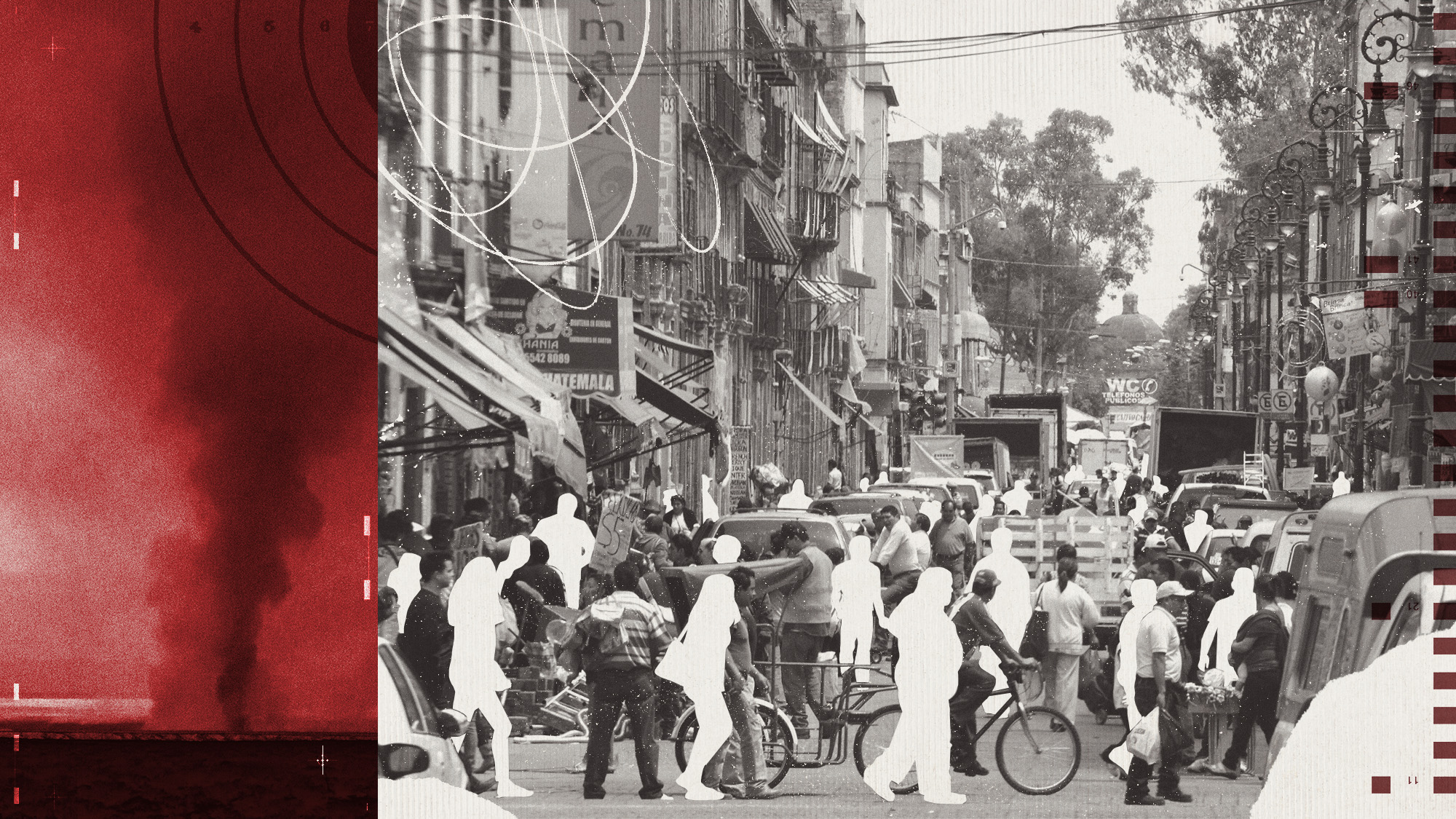 Mexico’s forced disappearances
Mexico’s forced disappearancesUnder the Radar 130,000 people missing as 20-year war on drugs leaves ‘the country’s landscape ever more blood-soaked’
-
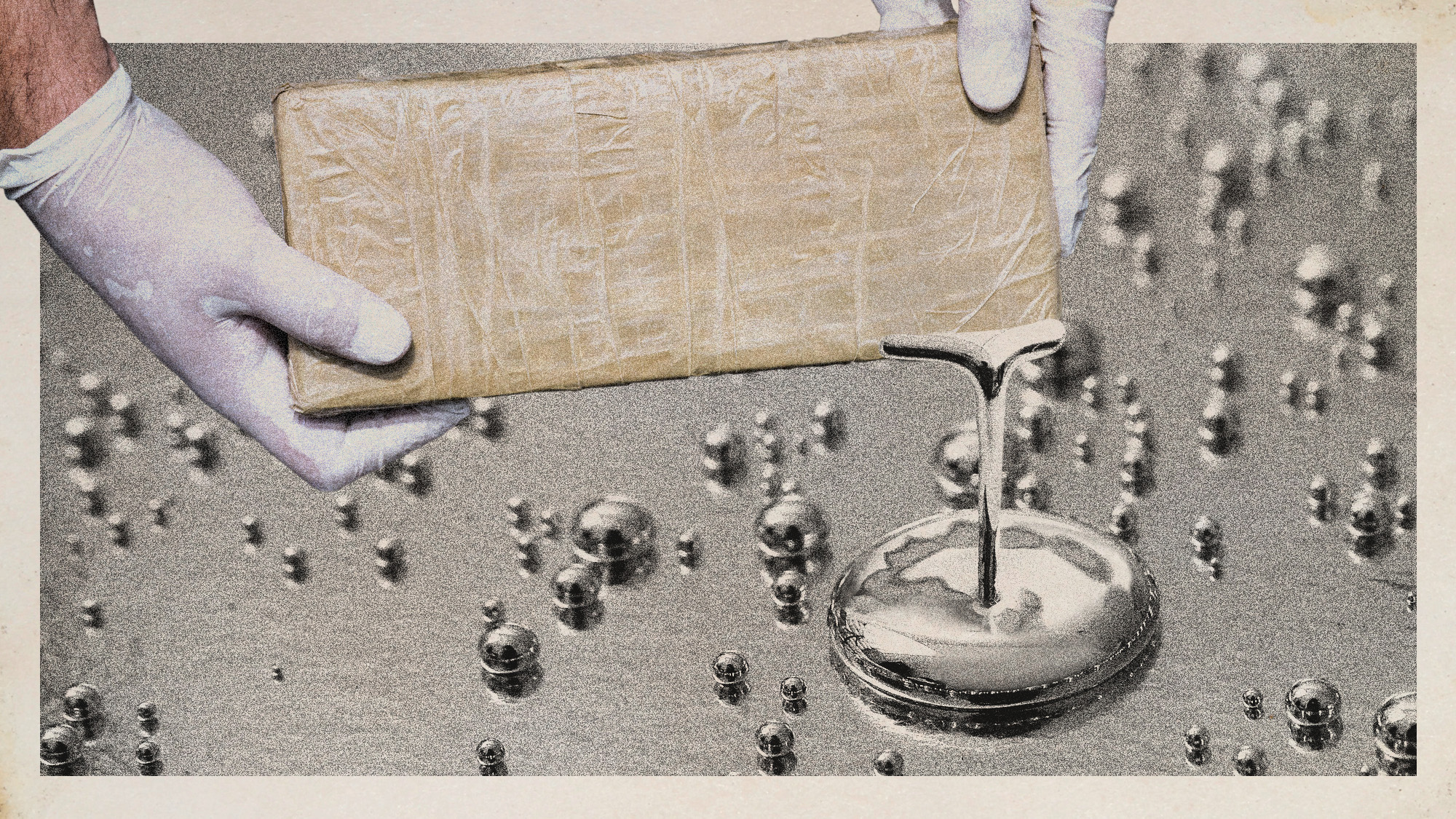 Illicit mercury is poisoning the Amazon
Illicit mercury is poisoning the AmazonUnder the Radar 'Essential' to illegal gold mining, toxic mercury is being trafficked across Latin America, 'fuelling violence' and 'environmental devastation'
-
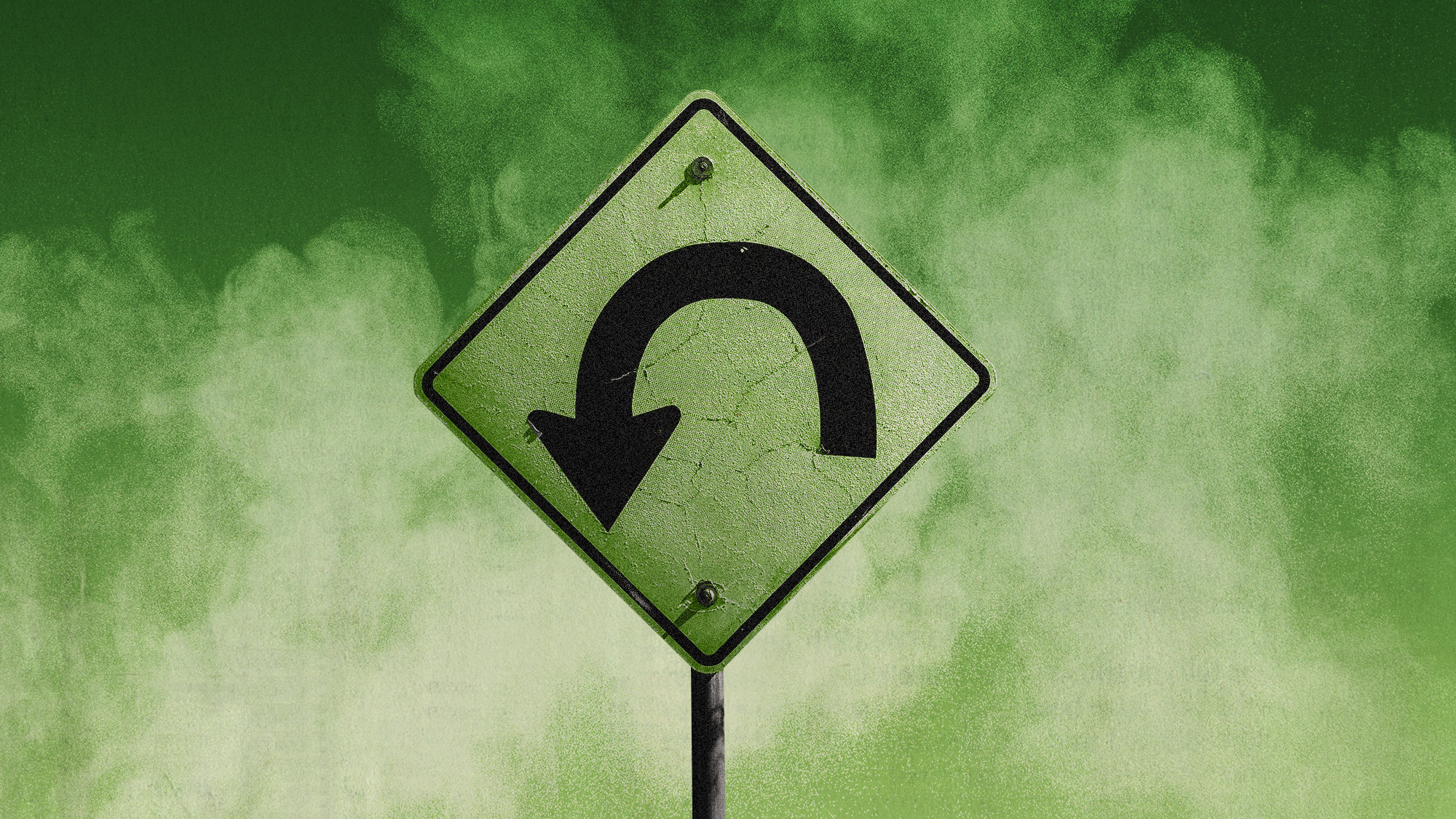 Thailand is rolling back on its legal cannabis empire
Thailand is rolling back on its legal cannabis empireUnder the Radar Government restricts cannabis use to medical purposes only and threatens to re-criminalise altogether, sparking fears for the $1 billion industry
-
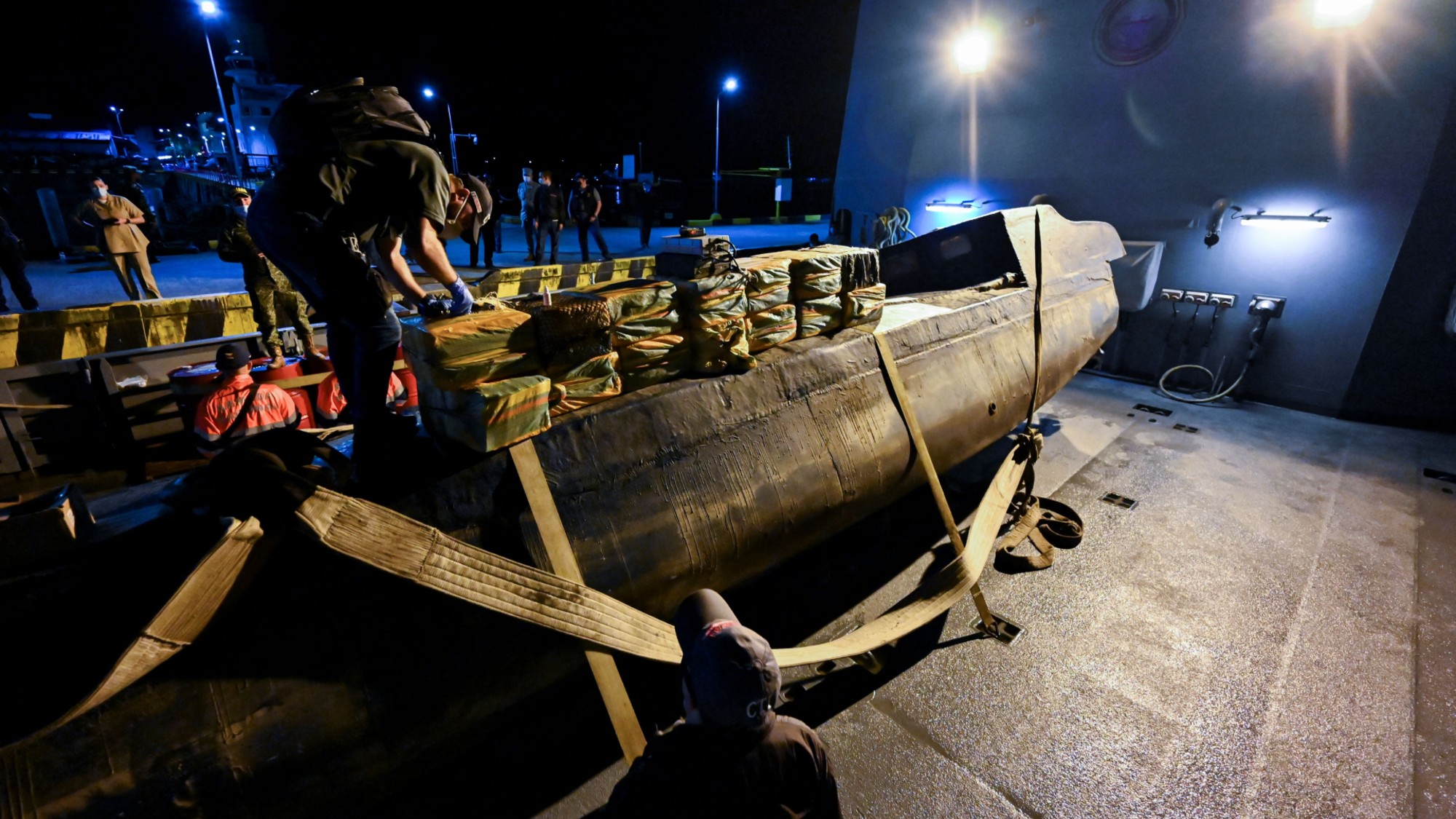 Narco subs are helping to fuel a global cocaine surge
Narco subs are helping to fuel a global cocaine surgeThe Explainer Drug smugglers are increasingly relying on underwater travel to hide from law enforcement
-
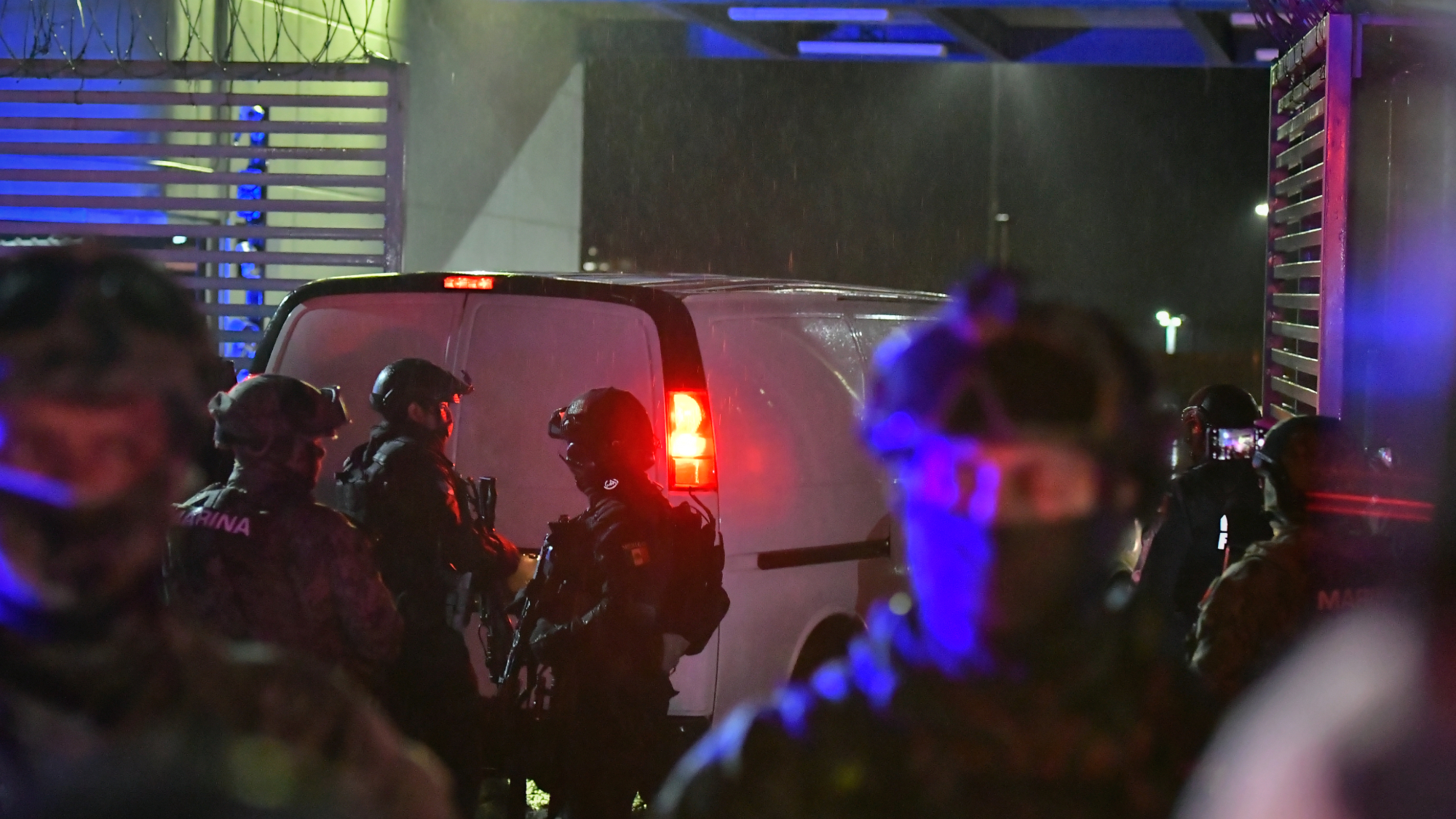 Mexico extradites 29 cartel figures amid US tariff threat
Mexico extradites 29 cartel figures amid US tariff threatSpeed Read The extradited suspects include Rafael Caro Quintero, long sought after killing a US narcotics agent
-
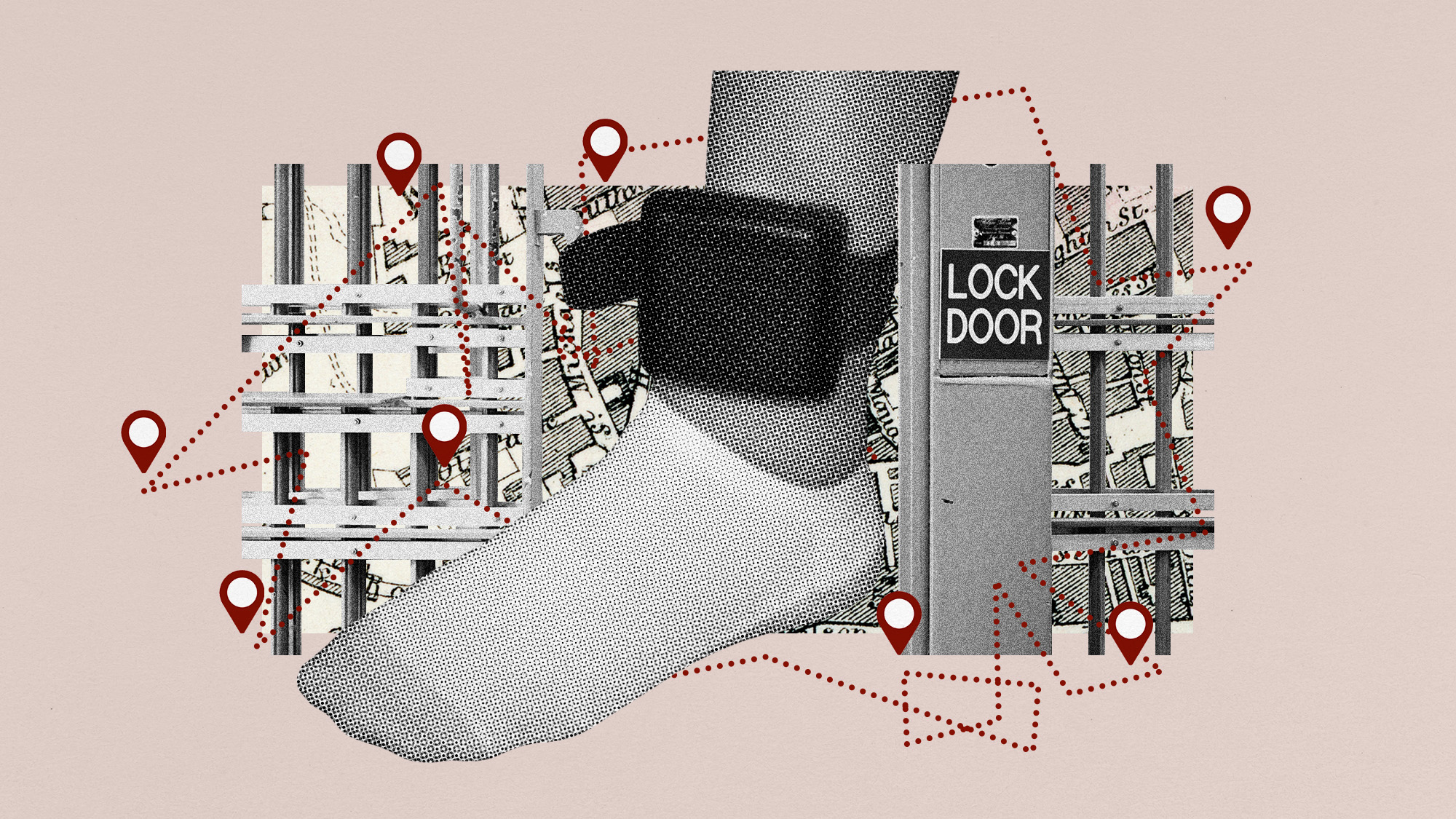 'Virtual prisons': how tech could let offenders serve time at home
'Virtual prisons': how tech could let offenders serve time at homeUnder The Radar New technology offers opportunities to address the jails crisis but does it 'miss the point'?
-
 Inside Marseille's deadly drug wars
Inside Marseille's deadly drug warsThe Explainer Teenage hitmen recruited through social media are lured by money and gang 'brand'
-
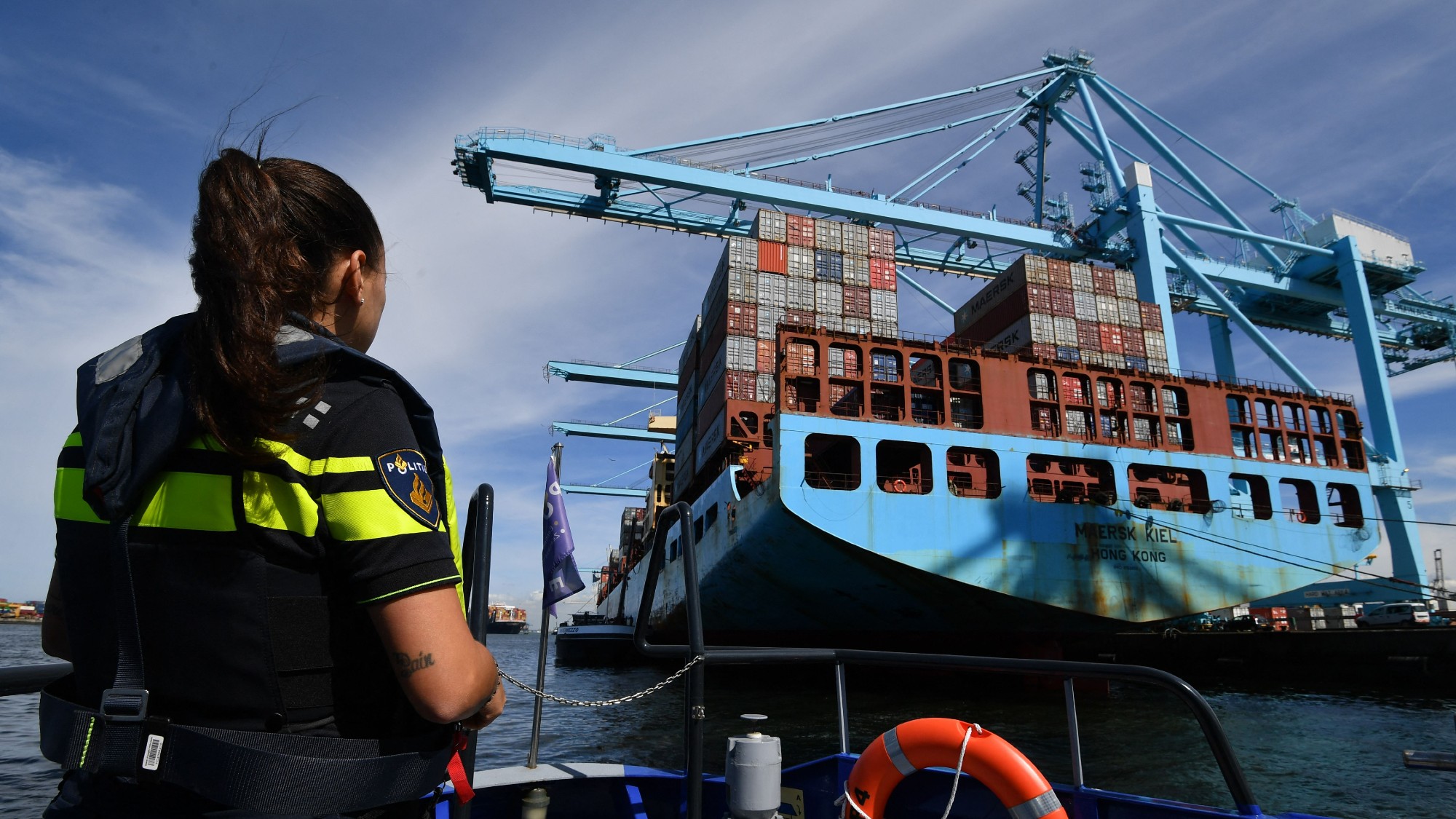 Europe's drug gangs in the spotlight
Europe's drug gangs in the spotlightThe Explainer The illegal narcotics trade is fuelling a surge in gang violence across the continent